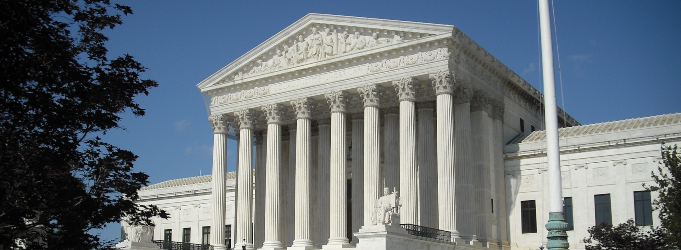July 04, 2025
(Bloomberg) – President Donald Trump secured a sweeping shift in U.S. domestic policy as the House passed a $3.4 trillion fiscal package that cuts taxes, curtails spending on safety-net programs and reverses much of Joe Biden’s efforts to move the country toward a clean-energy economy.

The 218-214 vote in the House Thursday sends the legislation to Trump, in time for a July 4 deadline he set. House leaders had to keep earlier procedural votes open for hours to convince a small band of holdouts to support the legislation.
The president said he plans to sign the bill on Friday at a 4 p.m. ceremony at the White House.
Trump’s victory followed an all-night vote wrangling session in the House, beset by numerous delays as the president railed on social media against Republican lawmakers who declined to quickly back the legislation.
House Republican Leader Steve Scalise credited Trump with breaking the logjam, impressing upon holdouts overnight that there would be no further changes to the bill.
Democrats, in contrast, say the bill will strip health care for millions of people who depend on Medicaid to fund tax cuts for the wealthy.
Implications in the energy sector
Industries like coal, oil and natural gas win tax breaks and new requirements to open up more federal land for drilling, while breaks for competing clean energy technologies are phased out.
Clean energy industries are hit by the Republican plan, which rolls back many provisions of former President Joe Biden’s landmark climate law.
A tax credit for solar panels and wind systems is quickly phased out, though the legislation takes more time to eliminate other clean electricity production and investment credits.
Tax credits for energy efficiency home improvements and residential installation of solar or other clean energy upgrades are eliminated at the end of the year.
Trump and his Republican allies are counting on the measure’s $4.5 trillion in tax cuts to bolster economic growth. The legislation delays many of the spending reductions while front-loading levy reductions with populist appeal, including a permanent increase in the child tax credit and temporary four-year tax breaks for the elderly and for tip and overtime pay that Trump promised in his presidential campaign.
The core of the bill is an extension of 2017 Trump tax cuts for individuals and pass-through businesses that were set to expire at the end of 2025. It also provides new resources for Trump’s crackdown on illegal immigration and for military spending including the president’s “Golden Dome” missile defense plan.

